Watching your cat contort into a pretzel to lick their behind might not top your list of adorable pet moments. Yet, it’s as common in the feline world as the infamous cardboard box obsession.
In this blog post, you’ll discover the fascinating reasons behind this quirky behavior.
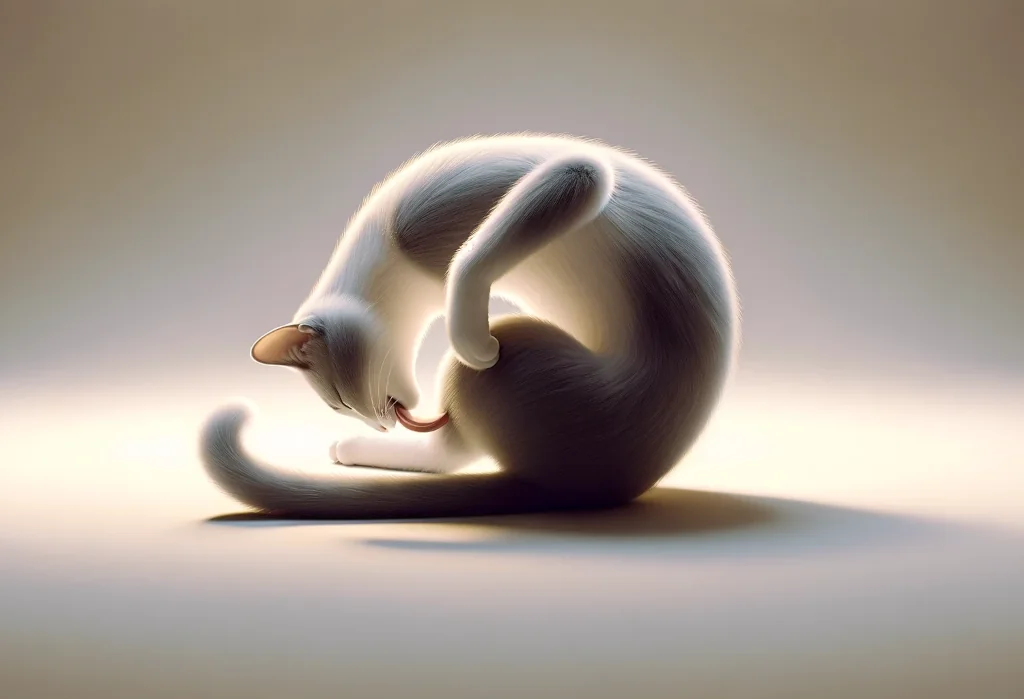
Quick Takeaways:
- Licking their behind helps cats stay clean and manage their scent, but excessive grooming can signal health issues.
- Aid your cat’s cleanliness with regular grooming sessions, a clean living environment, and a healthy diet to make self-grooming easier.
- Consult a vet if you notice excessive licking, discomfort, or a persistent bad odor, as these can indicate underlying health problems.
Is It Normal for Cats to Lick Their Behind?
Absolutely, it’s as normal as the sun rising in the east! When you catch your feline friend in the act of grooming their rear, don’t sweat it. This behavior is not only common but an essential part of their self-care routine. Cats are known for their meticulous grooming habits, with self-cleaning being a major part of their day. It helps them stay clean, of course, but it’s also about comfort and health. By licking their behind, cats remove dirt and debris, ensuring that everything’s as neat and tidy as a pin.
Why Do Cats Feel the Need to Lick Their Behind?
Cats have a few strong instincts driving this behavior, each as fascinating as the next. Let’s dive in:
- Scent Marking: While it might seem counterintuitive, licking helps control their scent in the wild, maintaining a balance between being undetectable to predators and identifiable to friends.
- Hygiene: Cats are the epitome of cleanliness. Licking their behind helps them stay spotless, removing any traces of feces or urine that might cling after a litter box visit.
- Parasite Removal: It’s also a practical defense mechanism. By regularly grooming, they can fend off or detect early signs of parasites like fleas and ticks, which can congregate in less accessible areas.
Unraveling the mystery, one lick at a time, shows us how deeply ingrained these behaviors are, tied to survival and well-being.
Can Excessive Licking Signal Health Issues?
While grooming is normal, there is such a thing as too much. Here’s when you might need to step in:
- Skin Infections or Allergies: Excessive grooming can indicate skin issues or allergies. Keep an eye out for bald patches or red, irritated skin.
- Parasites: Though grooming helps manage parasites, overdoing it might suggest your cat is trying to get rid of fleas or ticks they can’t quite reach.
- Stress or Anxiety: Sometimes, the root cause isn’t physical. Over-grooming can be a sign of stress or anxiety, a cat’s way of soothing itself.
The Inside Scoop – Here’s one for you: A sudden uptick in grooming, specifically around the behind, can sometimes point to anal gland issues. Cats have two small glands that can become impacted or infected, leading to discomfort and the need to lick more than usual. Not a lot of cat owners are aware of this, but it’s a crucial piece of the puzzle, especially if your cat seems more obsessed with grooming than usual. Keeping an eye on this can prevent more serious issues down the line.
In the world of cat behavior, a little observation goes a long way. Keep this guide in mind, and you’ll be well-equipped to understand and respond to your cat’s grooming habits. Remember, when in doubt, a vet’s advice can clear up any concerns and ensure your furry friend stays happy and healthy.
What Can You Do to Help Your Cat Stay Clean?
Seeing your cat’s commitment to personal hygiene can be both amusing and impressive. As diligent as they might be, there are ways you can lend a paw to ensure their cleanliness doesn’t go astray. Here are a few tips that strike the right balance between aiding their natural grooming habits and maintaining a happy, healthy kitty.
-
Regular Grooming Sessions: Brush your cat frequently to remove excess fur and prevent matting. This is especially crucial for long-haired breeds that are prone to tangles. Grooming not only keeps your cat’s coat clean but also reduces the amount of hair they ingest during self-grooming, which can lead to hairballs.
-
Provide Clean Spaces: Ensure that your cat’s environment, including their bedding, litter box, and play areas, are clean. A dirty litter box might discourage them from using it, leading to “accidents” or causing them to clean themselves more vigorously than usual.
-
Diet Matters: Feeding your cat a healthy diet can improve their coat’s condition, making self-grooming an easier task for them. High-quality cat food can also reduce shedding and hairballs.
-
Wipes for Quick Cleans: Consider using pet wipes for a quick clean-up of their behind, especially if they’re having trouble reaching it themselves. This is particularly useful for older or overweight cats who might not be as flexible as they used to be.
-
Professional Grooming: Sometimes, a professional groomer can offer a level of cleaning and care that might be challenging at home, including a sanitary trim around the rear to keep things tidy.
Here’s a unique insight that’s often overlooked: Cats are naturally drawn to cleanliness, so a subtle way to encourage self-grooming without them realizing is by using a catnip-infused grooming brush. The catnip attracts them to the brush, and as they rub against it, they’re also picking up the habit of grooming without those uncomfortable, hard-to-reach spots being missed.
When Should You Consult a Vet?
There’s a fine line between normal grooming and when it’s a cry for help. Here’s when to dial up your vet:
-
Excessive Licking: If you notice your cat is grooming their behind more than what seems normal, causing redness, soreness, or even hair loss, it’s time for a check-up.
-
Dragging Their Behind: This could indicate anything from worms to anal gland issues. Neither you nor your cat should have to deal with this without professional help.
-
Bad Odor: A persistent bad smell from their rear, despite regular grooming, could suggest a health issue that needs addressing.
-
Behavioral Changes: If your cat’s excessive grooming is accompanied by noticeable changes in their behavior or appetite, it’s worth seeking veterinary advice.
During a vet visit , expect a thorough examination of your cat’s behind, including checking for parasites, infections, or anal gland problems. The vet might also inquire about your cat’s diet, grooming habits, and any recent changes in behavior to get a full picture of their health.
Remember, nobody knows your cat better than you do. If your gut tells you something’s off, it’s always better to be safe than sorry. Your vet is a partner in your cat’s health and well-being, ensuring those meticulous grooming sessions aren’t a cover-up for something more serious.
Alex, a passionate animal lover, has experience in training and understanding animal behavior. As a proud pet parent to two dogs and three cats, he founded AnimalReport.net to share insights from animal experts and expand his knowledge of the animal kingdom.

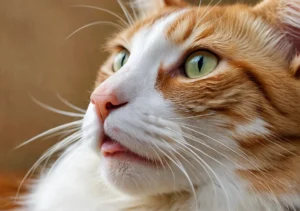
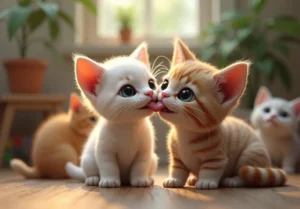
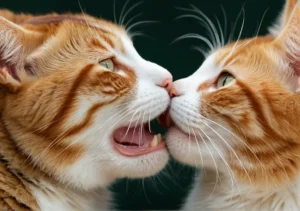
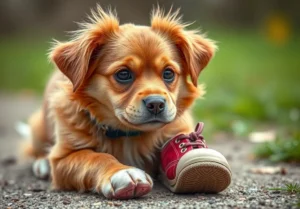
Great information shared.. really enjoyed reading this post thank you author for sharing this post .. appreciated